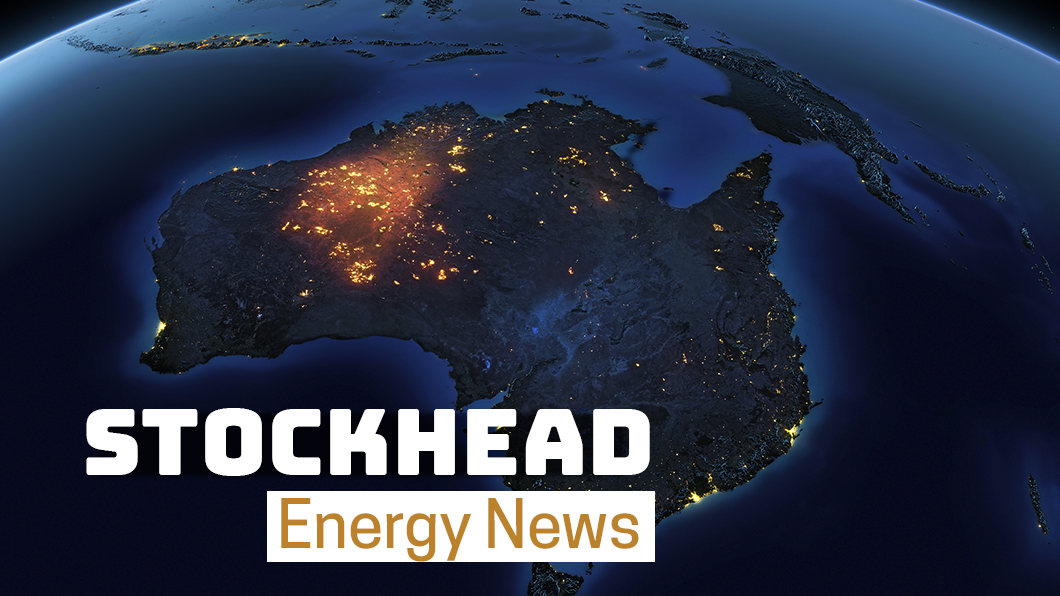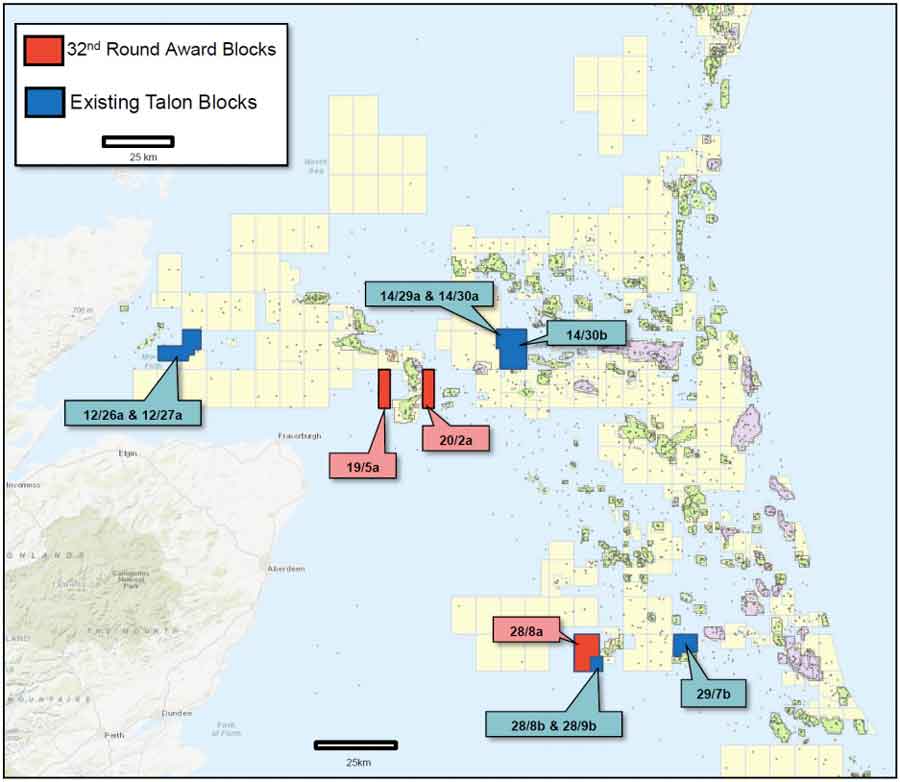Talon wins 3 new North Sea licences, potential partners already knocking

Pic: Matthias Kulka / The Image Bank via Getty Images
Special Report: Talon has just secured another three new licences in the oil and gas prolific UK Central North Sea (UKCS) and is already witnessing strong interest from potential farmout partners.
Talon Resources (ASX:TPD) has been successful in its bid for three new exploration licences in the 32nd UK Offshore Licensing Round.
The new exploration licences contain multiple high-impact exploration prospects with substantial prospective resource potential.
Adding to the upside, these new licences are located around substantial discoveries made by the Talon team in the past.

Talon now holds interests in eight exploration and appraisal licences in the UKCS.
“Our North Sea position has been curated by Talon’s technical team, which has an outstanding track record of exploration success in the region having been responsible for making some of the most significant discoveries over the last 20 or so years,” managing director David Casey said.
“Importantly, as with our existing licences and prospects, these new licences are in close proximity to those significant discoveries and involving play types that have proven so successful in the past.”
There continues to be strong interest for securing oil and gas licences in the UKCS, with 65 companies – including several majors – winning bids for 113 new licences.
A key part of Talon’s strategy is to acquire low-cost licences while it continues to field strong interest from potential farmout partners.
Casey said Talon had already received enquiries from potential partners in relation to the three new licences.
“We continue to see sustained interest in the farmout potential of our portfolio off the
back of the improved oil price and investment conditions in the region, and the company continues to progress discussions with interested parties,” he said.
North Sea in the spotlight
The North Sea is a marginal sea of the Atlantic Ocean located between the UK, Denmark, Norway, Sweden, Germany, the Netherlands, Belgium and France.
But the region is highly prospective for oil and gas, especially the UKCS. According to the most recent UK Oil and Gas: Reserves and Resources report, the UKCS’ petroleum reserves “remain at a significant level”.
The 2P reserves at the end of 2019 were 5.2 billion barrels of oil (boe) equivalent, which could sustain production for another 20 years or more.
‘Reserves’ refer to oil or gas discoveries that are commercially recoverable using existing technology while a resource is an initial, untested estimate.
A 2P reserve means it’s proven and probable.
Meanwhile, the report published by the Oil and Gas Authority (OGA) said the 2C contingent resources were also significant with an estimate of discovered, undeveloped resources of 7.4 billion boe.
A 2C resource is a best estimate of how much oil or gas is in a deposit.
There also remains the potential for up to 20 billion new barrels of oil to be discovered through exploration. Major discoveries are still being made with Glengorm (250 million boe) in 2019, and Glendronach (167 million boe) and Achmelvic (97 million boe) each in 2018.
But while there is still significant resource and reserves and exploration potential, production is declining.
It has dropped steadily since its peak at 4.3 million boe per day in 1999, never exceeding 2 million boe per day after 2010, according to Norwegian energy intelligence firm Rystad Energy.
Rystad’s current forecast is that production will now reach a maximum of 1.7 million boe per day in 2035 before “dwindling to nearly nothing by the middle of the century”.
UKCS production stood at 1.65 million boe per day in 2019 and is set to fall to 1.59 million boe per day in 2020, Rystad says.
This article was developed in collaboration with Talon Petroleum, a Stockhead advertiser at the time of publishing.
This article does not constitute financial product advice. You should consider obtaining independent advice before making any financial decisions.
Related Topics

UNLOCK INSIGHTS
Discover the untold stories of emerging ASX stocks.
Daily news and expert analysis, it's free to subscribe.
By proceeding, you confirm you understand that we handle personal information in accordance with our Privacy Policy.








